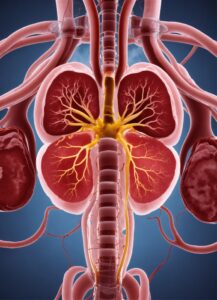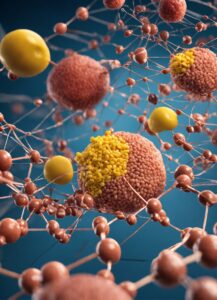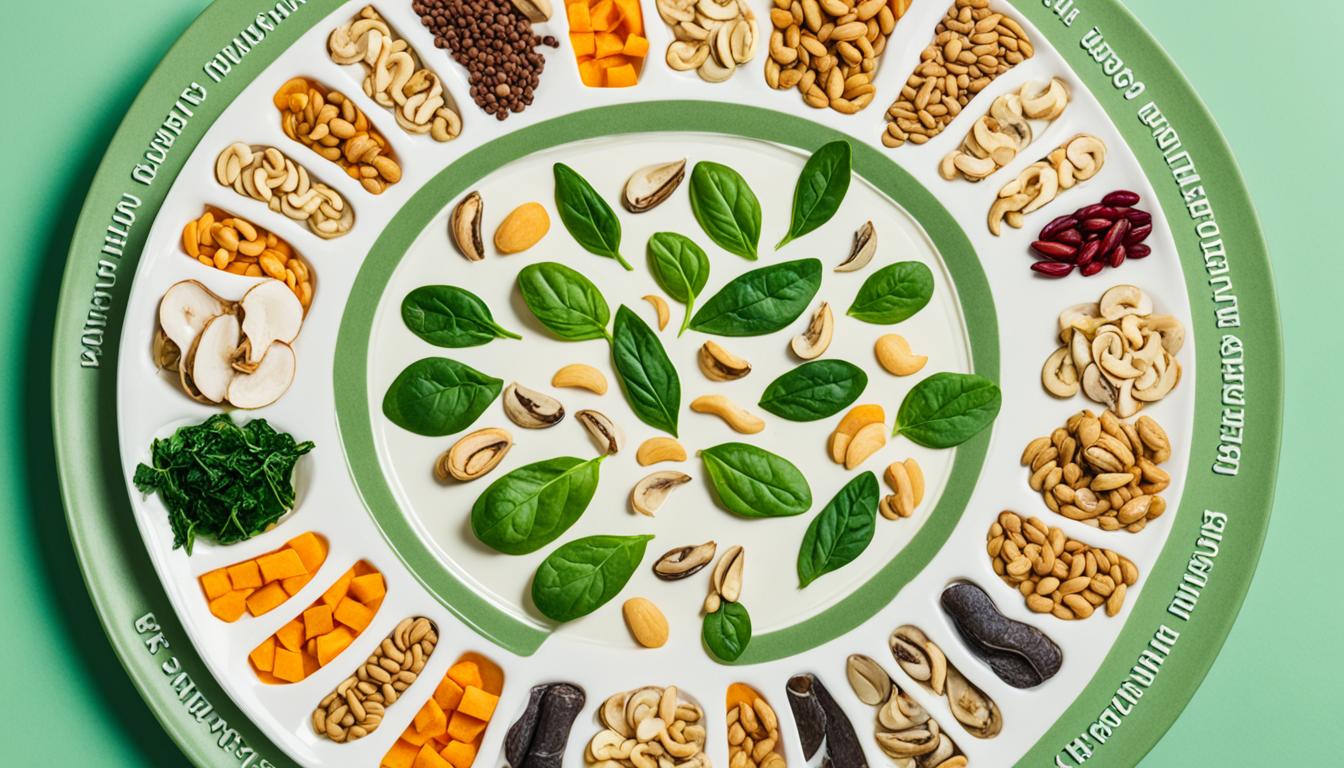Gold tips for kidney health

A well-planned diet plays a crucial role in managing kidney disease and supporting kidney health. A balanced diet can help reduce the workload on the kidneys, maintain proper fluid and electrolyte balance, and manage associated complications. This article provides nutrition tips and a dietary framework for individuals with kidney disease.
Control protein intake:
Limiting protein intake is important to reduce the burden on the kidneys. However, the exact amount of protein to consume depends on the stage of kidney disease and other individual factors. Consult with a registered dietitian to determine the appropriate protein allowance for your specific condition. High-quality sources of protein, such as lean meats, fish, poultry, eggs, and dairy products, are recommended.

Monitor sodium intake:
Limiting sodium (salt) intake is crucial to managing fluid balance and controlling blood pressure. Avoid processed and packaged foods, as they are often high in sodium. Instead, use herbs, spices, and other salt substitutes to flavor your meals. Rinse canned foods to reduce their sodium content. Aim for no more than 2,000–2,400 mg of sodium per day, or as recommended by your healthcare professional.

Manage fluid intake:
Individuals with kidney disease may need to limit their fluid intake to prevent fluid overload and swelling. Your healthcare professional will provide specific guidelines based on your stage of kidney disease and individual needs. Be mindful of the fluids you consume, including beverages, soups, fruits, and vegetables with high water content.
Control Potassium and Phosphorus:
Potassium and phosphorus are electrolytes that need careful management in kidney disease. High levels of these minerals can negatively impact kidney function. Limit potassium-rich foods such as bananas, oranges, tomatoes, potatoes, and certain legumes. Reduce phosphorus intake by avoiding processed foods, carbonated drinks, dairy products, and foods with phosphate additives. Consult with a registered dietitian for personalized recommendations.

Choose Kidney-Friendly Fruits and Vegetables:
Include fruits and vegetables in your diet, but choose those with lower potassium content. Examples include apples, berries, cabbage, green beans, and cauliflower. These options provide essential vitamins, minerals, and dietary fiber while minimizing potassium intake.
Optimize calcium and vitamin D:
Kidney disease can lead to imbalances in calcium and vitamin D. Consume foods rich in calcium, such as low-fat dairy products, leafy greens, and fortified foods. Adequate vitamin D intake is also important for calcium absorption. Sun exposure and dietary sources like fatty fish, fortified dairy products, and eggs can help meet vitamin D needs.
Control Phosphorus:
Phosphorus control is vital in kidney disease. Limit phosphorus-rich foods such as processed meats, cheese, whole grains, and dark-colored carbonated beverages. Consider using phosphate binders as prescribed by your healthcare professional to manage phosphorus levels effectively.
Moderate Oxalate Intake:
Some kidney stones are formed from calcium oxalate. If you have a history of kidney stones, limit foods high in oxalate, such as spinach, rhubarb, beets, and chocolate. However, do not eliminate these foods without guidance from a healthcare professional, as they also provide valuable nutrients.
Stay Hydrated:
Maintain proper hydration under the guidance of your healthcare professional. Proper fluid intake helps prevent dehydration and supports kidney function. However, excessive fluid intake can strain the kidneys. Your healthcare professional will provide specific recommendations based on your condition.

Consult with a registered dietitian:
Working with a registered dietitian who specializes in kidney disease is crucial. They can provide personalized guidance considering your stage of kidney disease, lab results, medications, and individual needs. A dietitian can help create a tailored meal plan, monitor your nutrient intake, and make necessary adjustments to support kidney health.
Managing kidney disease requires a careful and individualized approach to nutrition. Controlling protein, sodium, potassium, phosphorus, and fluid intake are key considerations. Choosing kidney-friendly fruits and vegetables, optimizing calcium and vitamin D, and moderating oxalate intake are additional strategies to support kidney health. Regular consultation with a registered dietitian is vital for personalized guidance and ongoing support. By following these nutrition tips and making informed dietary choices, individuals with kidney disease can better manage their condition, support kidney function, and improve their overall well-being.










